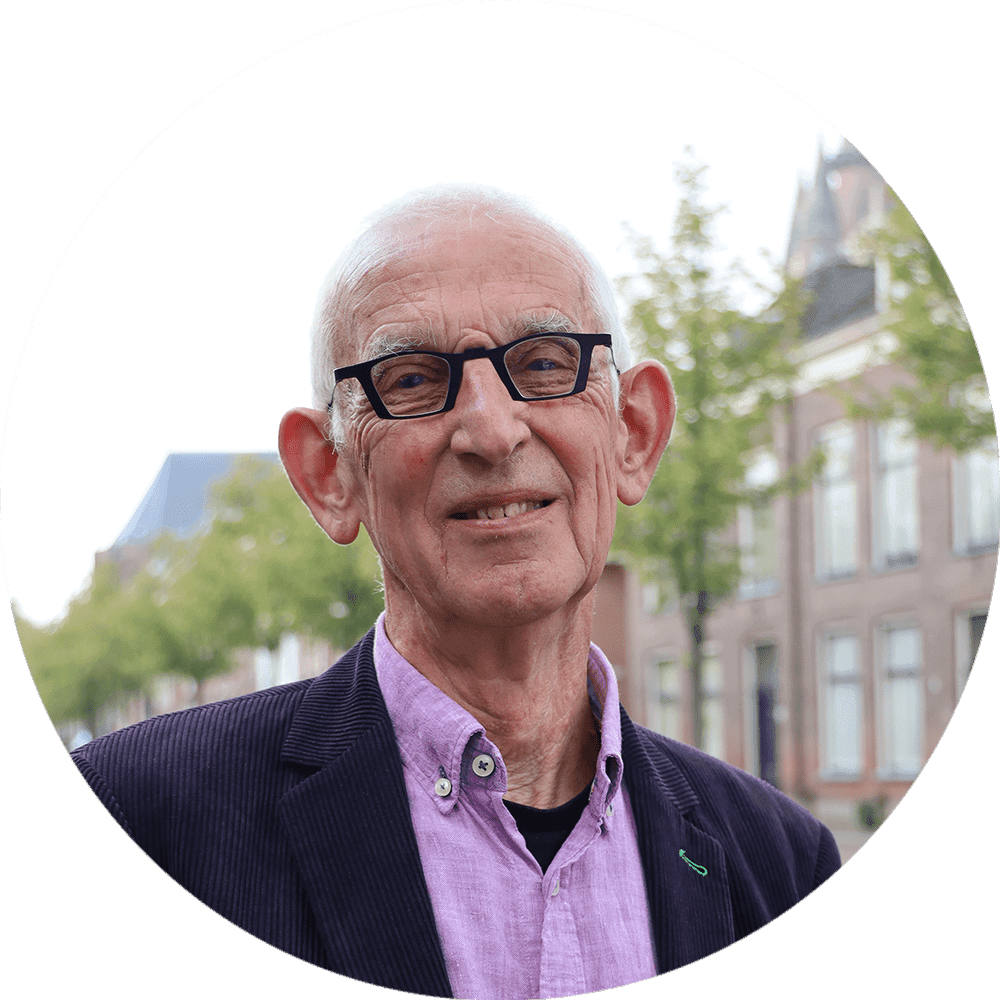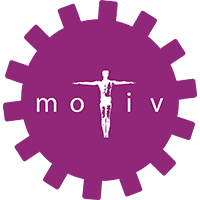Auschwitz 2025
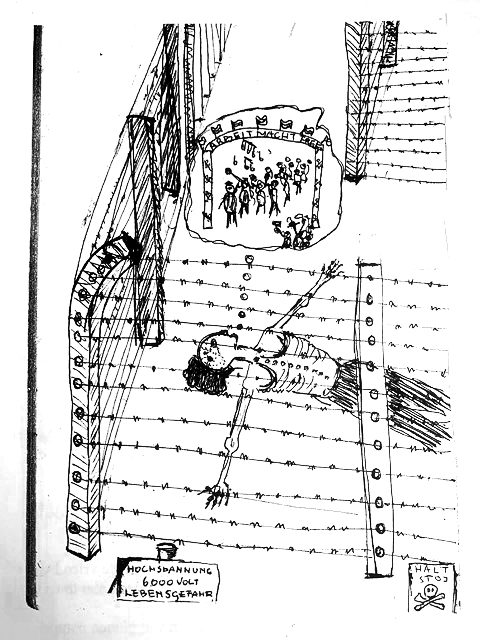
Drawing from 1964, during my first visit to Auschwitz
Study Trip to Auschwitz
Motiv, the Delft Student Chaplaincy, has been organizing study trips to Auschwitz for many years. This trip is a confronting experience, a chance to face history and understand the depths of human suffering. The barracks, the barbed wire, the remaining belongings of victims—they make history tangible and personal. At the same time, Auschwitz also offers a lesson about the resilience of the human spirit and the responsibility to keep memory alive. For students, this visit is not only a historical excursion but also a moral and personal challenge. It raises questions that go beyond the past, touching on the present and future: How do we recognize dehumanization in our own time? What role do we play in safeguarding freedom and human rights? These are the kinds of questions we discuss together—interspersed with moments of relaxation and camaraderie.
Educational journeys like this one show why remembrance is not a passive act but an active duty. They help us realize that moral choices are made everywhere and at all times—even now.
Quotes from students
“I feel like this trip definitely changed me, because of the visit to Auschwitz-Birkenau, but also because of the shared experiences and the activities we did together. It was very fun seeing the city together and having dinner and lunches with the group. This trip can be summarised in a short way: Intense, educational, and fun.”
“Today when I woke up I felt really weird to be in such a comfy bed—warm, restful, healthy, and simply alive, enjoying the morning sunlight. I am so privileged to have this lifestyle, and I’m so grateful for all the experiences I had, especially this one. I feel like a new person, even though I still don’t know my identity for sure, but I feel it forming and I think it’s a good one.”
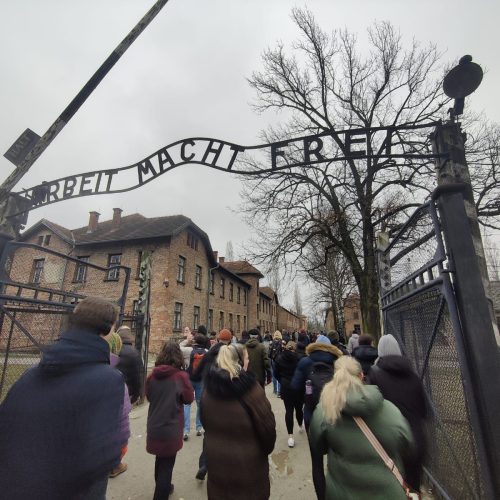
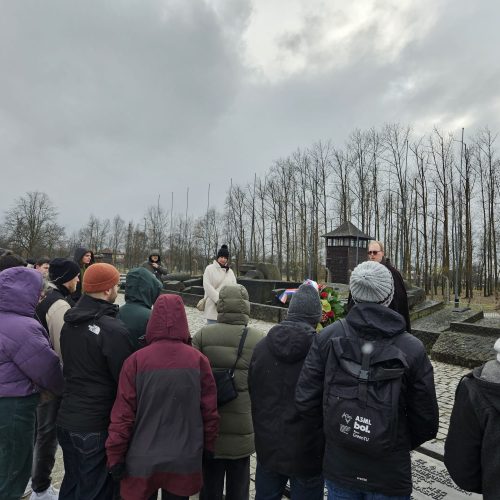
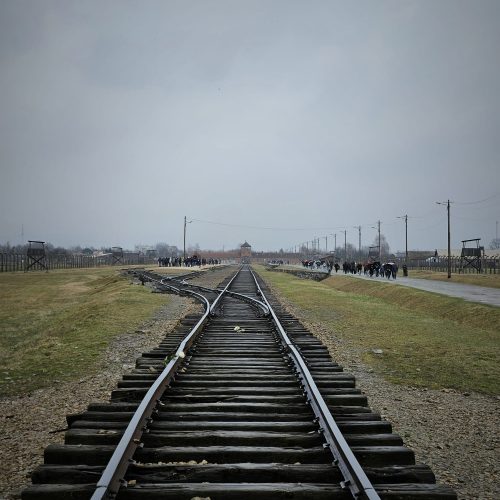
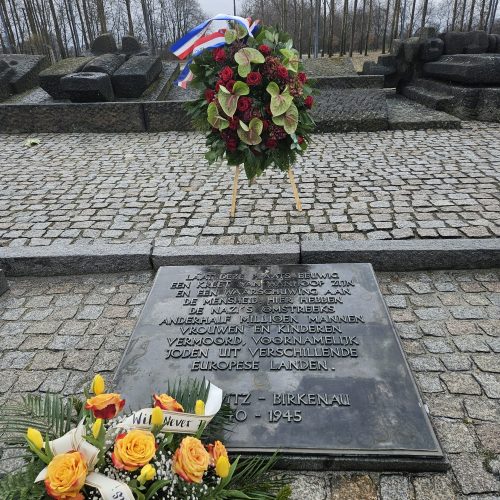
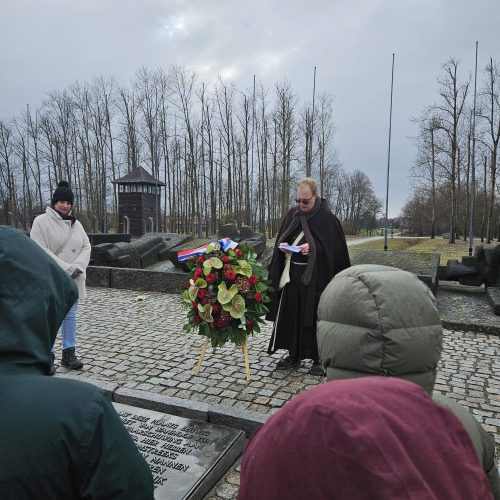
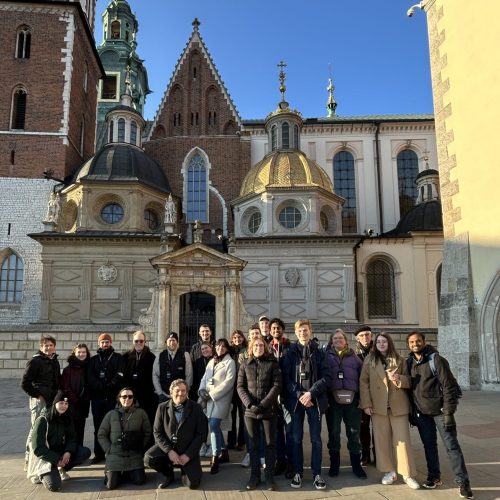
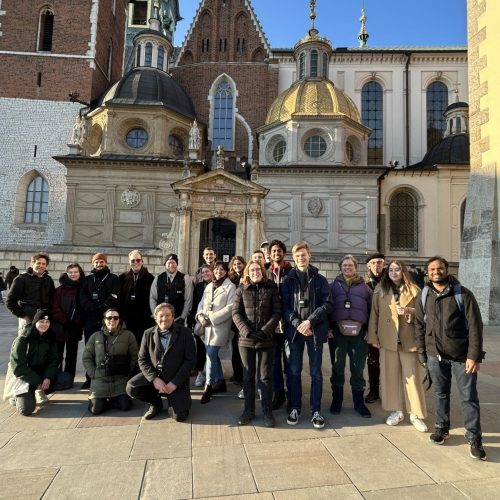
Report by Ton Meijknecht, student chaplain in Delft since 1975
We went to Auschwitz with a group of students. Nineteen students, mostly from Tilburg and Delft, along with a few of their guides. I was allowed to join because I had requested to. It was my fourth time. I had already been there three times in the 1960s. Each time, I bought a guidebook—and I did again this year.
There was a long visit to the camp with a deeply committed guide who saw us as visitors to a sacred place and was annoyed by others he referred to as tourists. What we saw there was, for me, still new every time. Even though I had been there before, I had to hold back my tears each time. I didn’t want to sink into sadness but to keep looking—looking, and looking. I’ll share one thing here. There’s a display case filled with human hair—tons of it—shaved from the dead in the gas chambers, intended for use in making items like rugs. And in the middle of it lay a braid from a girl who had braided it that very last morning. I can’t describe more. Go there yourself and look, look, look.
The visit made a deep impression on the students. What else could it do?
Our program also offered opportunities to find words for our shock. A lecture about Jewish life in Krakow before, during, and after the war. An initial conversation featuring the screening of our film from a few years ago, The Garden of Brokenness (see YouTube link below). And then, on the final morning—when everyone is already half on their way home—a game to give room to our feelings: a game about responsibility. This was arguably the peak of our trip, emotionally. Many of the Tilburg students are future history teachers. In that field, you inevitably encounter Auschwitz. One by one, they expressed their pain, their horror, and their determination to tell their future students about this visit. In their heartfelt words, I saw the old slogan “Nie wieder Auschwitz” come fully to life again. This must never happen again.
They were expressing what I have always thought and said, during my previous visits and again this time. But now, a new dimension has been added for me. The present colors the past and raises new, dreadful questions. The overwhelming images we saw—of starvation, ethnic cleansing, and genocide—blend with current images from the war in Gaza. I can no longer be unambiguously outraged about so much calculated cruelty. There is more going on today. Images shift and turn into their opposites.
Primo Levi, a survivor of Auschwitz, did not want to draw a strict line between Nazi and Jew. I don’t want to either, though it is difficult. I can no longer naively repeat the slogan “Never again Auschwitz.” Because it is happening again, in a different cast of roles. Perpetrators and victims are bleeding into each other. I can no longer think in terms of black or white. When I look in the mirror, and look myself in the eye, I see someone who could have lost himself in either role. My view of humanity has become more complex. I could have been both. That is what this visit made clear to me.
The Garden of Brokenness:
